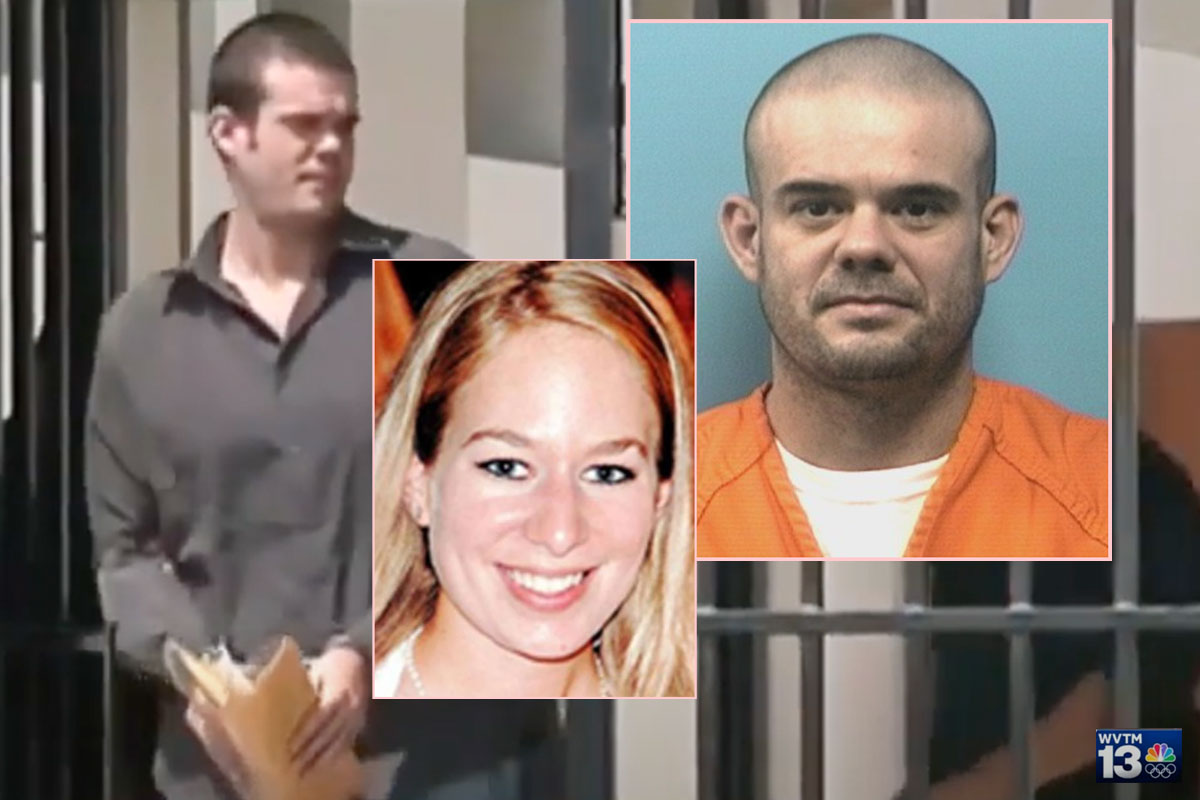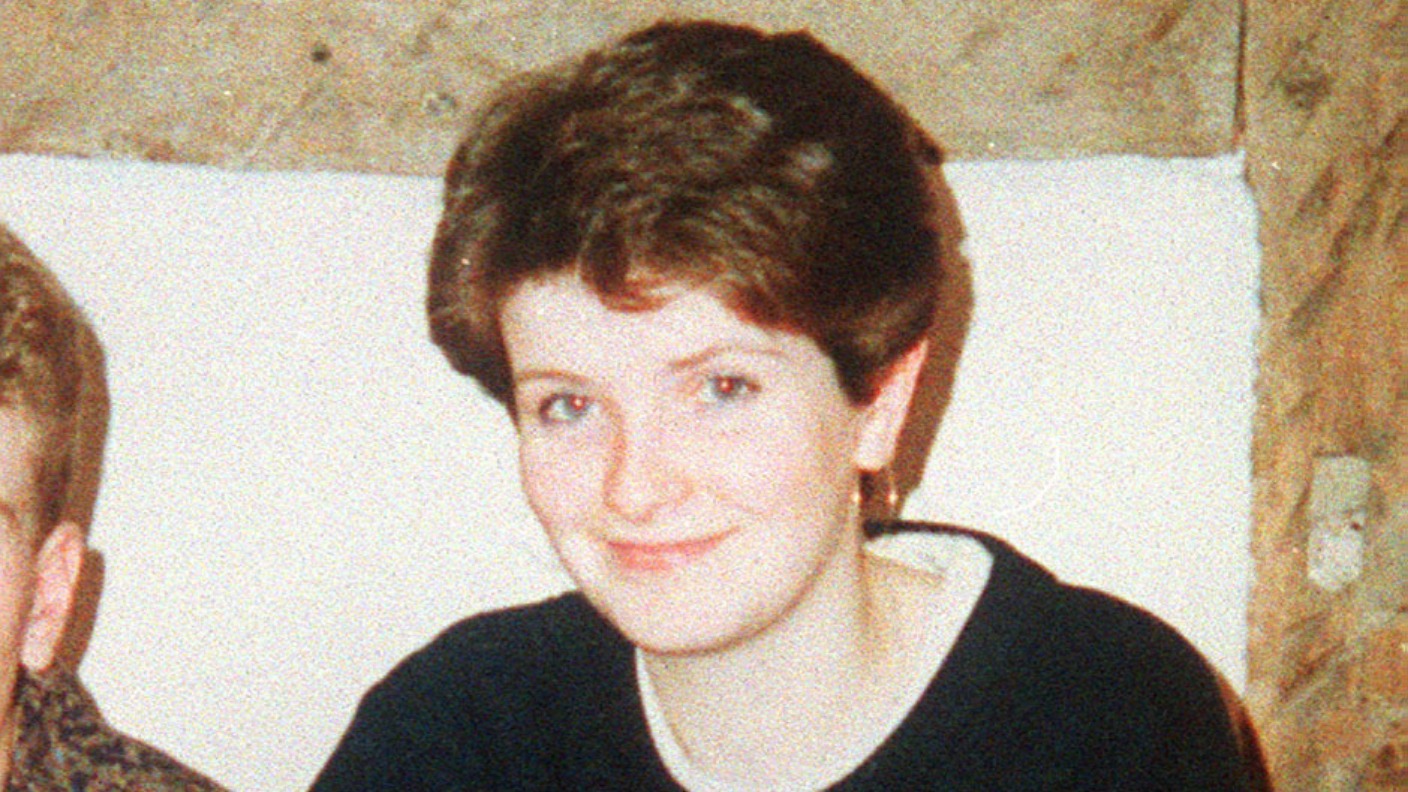The Shockwaves of a Jailhouse Confession
When a killer confesses from behind bars, it sends ripples through the justice system and the lives of everyone involved. It's not just about solving a crime; it’s about understanding the complexities of guilt, redemption, and the humanity—or lack thereof—behind such actions. This is exactly what happened when the world learned of a confession written in a jail note by a man accused of a brutal murder in North Carolina. The story has captivated global audiences, sparking debates and stirring deep emotions.
Unraveling the Mystery: The Story of Whitney Hurd
Almost a year after Whitney Hurd, a 32-year-old woman, was found stabbed to death in her North Carolina home, a chilling twist emerged. Brandon Braxton, a 33-year-old former Duke University football player and one of Whitney's former classmates, allegedly confessed to the crime while incarcerated. According to an affidavit filed on March 20, Braxton was charged with Hurd’s murder, which occurred on July 14, 2024. This confession has left many questioning the motives behind the crime and the broader implications for the justice system.
Delving into the Chilling Details
This article takes you on a journey through the chilling story of Whitney Hurd's murder and the confession that followed. We’ll explore the circumstances surrounding the crime, the significance of Braxton’s confession, and the larger implications for how we view justice in our society. It’s not just about the facts; it’s about the emotions, the questions, and the conversations this case has sparked around the world.
Read also:Jason And Kylie Kelce Family Life Love Story And More
Beyond the Crime: A Societal Reflection
This story isn’t just about a crime or a killer—it’s about how our society reacts to tragedy, how we process grief, and how the justice system navigates complex cases like this. The confession has sparked debates across social media, courtrooms, and dinner tables worldwide. People are asking tough questions: What drives someone to commit such a heinous act? How does the justice system ensure accountability? And, perhaps most importantly, how do we move forward as a society?
The Human Side of Tragedy
Let’s take a moment to think about the people involved. For Whitney Hurd’s family and friends, the confession may bring a sense of closure, but it also reopens wounds that may never fully heal. On the other hand, Brandon Braxton’s admission raises questions about his own journey—what led him to this point, and what role society played in shaping his choices? These are the kinds of questions that make this story so much more than just another headline.
A Comparison to Other Infamous Cases
While this case is unique, it’s not the first time we’ve seen a killer confess from behind bars. Take, for example, Joran van der Sloot, who admitted to the murder of Natalee Holloway after his advances were rejected. Or consider Stella Maudine Nickell, who poisoned Excedrin capsules with cyanide, leading to the deaths of her husband and a stranger. These cases remind us that the line between right and wrong is often blurred, and the motivations behind such actions can be deeply complex.
Confessions and Their Impact
Confessions like Braxton’s don’t just solve crimes—they force us to confront uncomfortable truths about ourselves and our society. They challenge us to think critically about the systems in place to prevent such tragedies and to ensure justice for all. Whether it’s a note left behind by a desperate man or a confession made under duress, these moments remind us of the weight that lies on the shoulders of those who seek justice.
Lessons Learned: Moving Forward
As we reflect on this story, it’s important to consider what lessons we can take away. How can we create a society where such tragedies are less likely to occur? How can we ensure that justice is served not only for the victims but also for the families and communities affected by these crimes? These are the questions that linger long after the headlines fade, and they’re the ones we must continue to ask.
The Final Thoughts
In the end, this story is about more than just a confession or a crime. It’s about the human experience—the highs and lows, the triumphs and tragedies—and how we as a society navigate the complexities of justice, morality, and redemption. As we move forward, let’s remember that every case like this is an opportunity to learn, grow, and make a difference in the world around us.
Read also:Jonas Brothers A Journey Through Music Fame And Family


